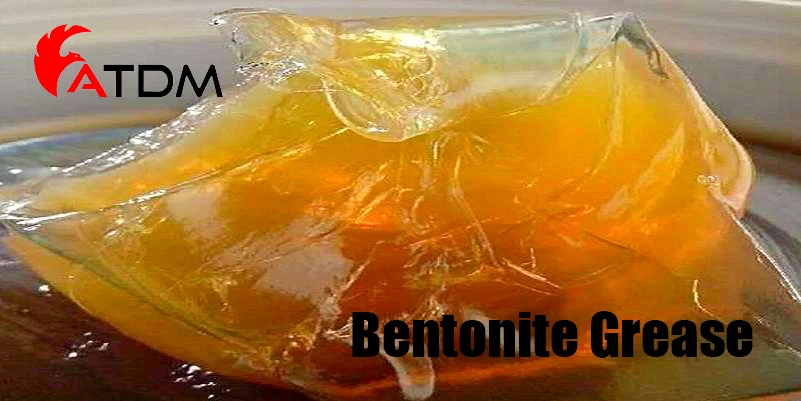Bentonite Grease

Bentonite Grease is an advanced, high-performance lubricant formulated with inorganic clay-based thickener. Unlike conventional soap-based greases, it provides exceptional stability at high temperatures, making it ideal for applications requiring extreme thermal resistance.
This grease is amber-colored and contains anti-corrosion and extreme pressure (EP) additives, ensuring superior protection for plain and rolling bearings operating under high-stress conditions. It delivers excellent performance even at temperatures exceeding 160°C, provided the re-lubrication schedule is appropriately maintained.
Key Benefits of Bentonite Grease
High-Temperature Resistance: Functions efficiently at extreme temperatures.
Non-Melting Formula: Does not degrade under heat.
Excellent Sealing Properties: Prevents contaminants from affecting machinery components.
Superior EP Performance: Protects against wear and tear under heavy loads.
Corrosion and Oxidation Resistance: Prolongs equipment life.
Reduced Maintenance Needs: Longer lubrication intervals reduce downtime.
Leak-Proof Stability: Maintains consistency in extreme conditions.
Industrial Applications
Many industries actively use Bentonite Grease because it provides superior lubrication and stability.
1. Automotive and Heavy Machinery
Bearings and components exposed to high temperatures.
Plastic injection molding machines.
Lubrication of fans and pumps.
2. Mining and Underground Operations
Plumber blades in drilling equipment.
Lubrication of underground mining machinery.
3. Industrial Manufacturing
Bearings in metal stamping, textile, and paper industries.
Machinery in high-friction applications.
4. Specialized Variants
Bentonite Grease is also available with Molybdenum Disulfide (MoS₂) and Graphite additives to enhance lubrication for heavy-duty and extreme load conditions.
Manufacturing Process of Bentonite Grease
The production of Bentonite Grease involves the dispersion of organophilic montmorillonite clay into a base oil, followed by pre-gelling and controlled heating.
Step-by-Step Process:
Selection of Bentonite Powder: High-quality organophilic montmorillonite clay is used as a thickening agent.
Oil Dispersion: The Bentonite powder is blended with base oil.
Pre-Gelling Process: A dispersant is added while stirring to ensure uniform consistency.
Heating Stage: The mixture is heated to remove excess dispersant, forming a stable grease structure.
Technical Specification
Physical and Chemical Properties
Appearance: Smooth, buttery consistency
Color: Amber or light brown
Thickener Type: Bentonite clay (Inorganic)
Base Oil Type: Mineral or synthetic
Penetration (Worked, 60 Strokes): 280 – 310 (ASTM D217)
NLGI Grade: 0, 1, 2, or 3
Dropping Point: Non-melting (ASTM D2265)
Operating Temperature Range: -20°C to +200°C
Viscosity of Base Oil (@40°C): 100 – 400 cSt (ASTM D445)
Extreme Pressure (EP) Properties: Excellent load-carrying capability (ASTM D2596)
Four-Ball Weld Load: 250 – 400 kgf (ASTM D2596)
Water Resistance: Highly resistant (ASTM D1264)
Corrosion Protection: Provides superior rust and oxidation resistance (ASTM D1743)
Evaporation Loss (@100°C, 22h): <2% (ASTM D972)
Shear Stability: Excellent resistance to mechanical degradation
In short
Bentonite Grease is an essential solution for industries requiring high-temperature, non-melting, and long-lasting lubrication. With superior sealing, EP properties, and corrosion resistance, it significantly enhances machinery efficiency and durability.
For bulk inquiries or technical assistance, contact us today to find the right Bentonite Grease for your application.